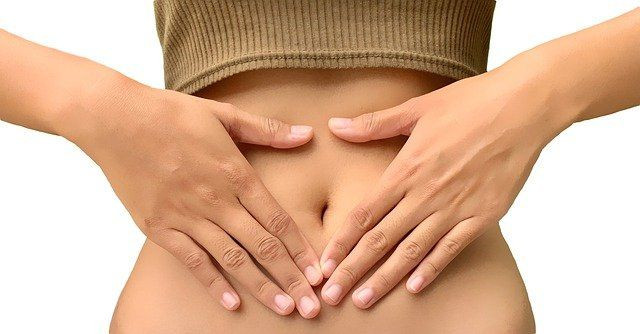Australia Becomes First Country To Approve Fecal Transplants; Here's How It's Done
KEY POINTS
- Fecal transplant can help fight serious gut diseases, improve overall gut health
- There is a list of criteria to be met before a person can become a poo donor
- An ideal donor is called a unicorn given the rarity of finding a suitable one
Australia has become the first country in the world to green-light fecal transplants. While some might wonder what it is and even perhaps find it amusing, fecal transplant is proven to help fight serious gut diseases and improve a person's overall gut health.
There is, however, a list of criteria to be met before a person can become a poo donor. Once approved, microbes from the fecal matter are collected and transferred to the gastrointestinal tract of an unhealthy person, as reported by The Guardian. The procedure is effective in treating gut pathogens, including the potentially deadly bacteria Clostridium difficile colitis (C diff).
Currently, the transplants are achieved through the colon. But oral administration is on the anvil for the future.
Regulatory approval for donor-derived microbiome therapy has been awarded to BiomeBank in Adelaide, which is a clinical-stage biotechnology company founded in 2018, making it the first in the world to receive such an honor.
The approval was granted by The Therapeutic Goods Administration (TGA), the outlet reported.
Though the therapy was accessible by the patients for several years, the regulation would ensure "essentially a pharmaceutical standard," Sam Costello, the managing director of BiomeBank, reportedly said. "That approval should give doctors the confidence to prescribe this therapy."
While the TGA approval is reserved for the treatment of recurrent C. diff, Costello said the approval would open up a window to utilize microbiome therapies for other conditions.
"We believe that microbiome-based therapies are set to transform the treatment of many diseases. BiomeBank is rapidly developing improved delivery methods and new second-generation microbiome-based therapies that are more standardized and targeted at specific diseases," the company's CTO, Dr. Sam Forster said, as reported by BusinessWire.
A common bacterium, C. diff is usually acquired in hospitals and can be resistant to treatment. It can prove toxic, causing severe diarrhea and illness in some people.
An ideal donor is sometimes called a unicorn on account of the rare chances of finding one. "It has been tricky," BiomeBank's head of donor screening, Dr. Emily Tucker, said. "But we've got a good collection of donors now. It's hard work to find them, but they become really engaged and driven by the desire to provide something that does so much good."
The next step is to produce the "super poo" which is essentially a second-generation artificial microbiome therapy.
"Our main ambition is to create a cultured version of the product," Costello said. "We have a large culture collection of strains, of individual bacteria that have been collected from these screened donors and we are working to culture these together to create an artificial version of a fecal community.
Once created, the advantages of such a product are there would be no more dependence on donors while also achieving scalability to treat a large number of patients easily, Costello said.

© Copyright IBTimes 2025. All rights reserved.





















